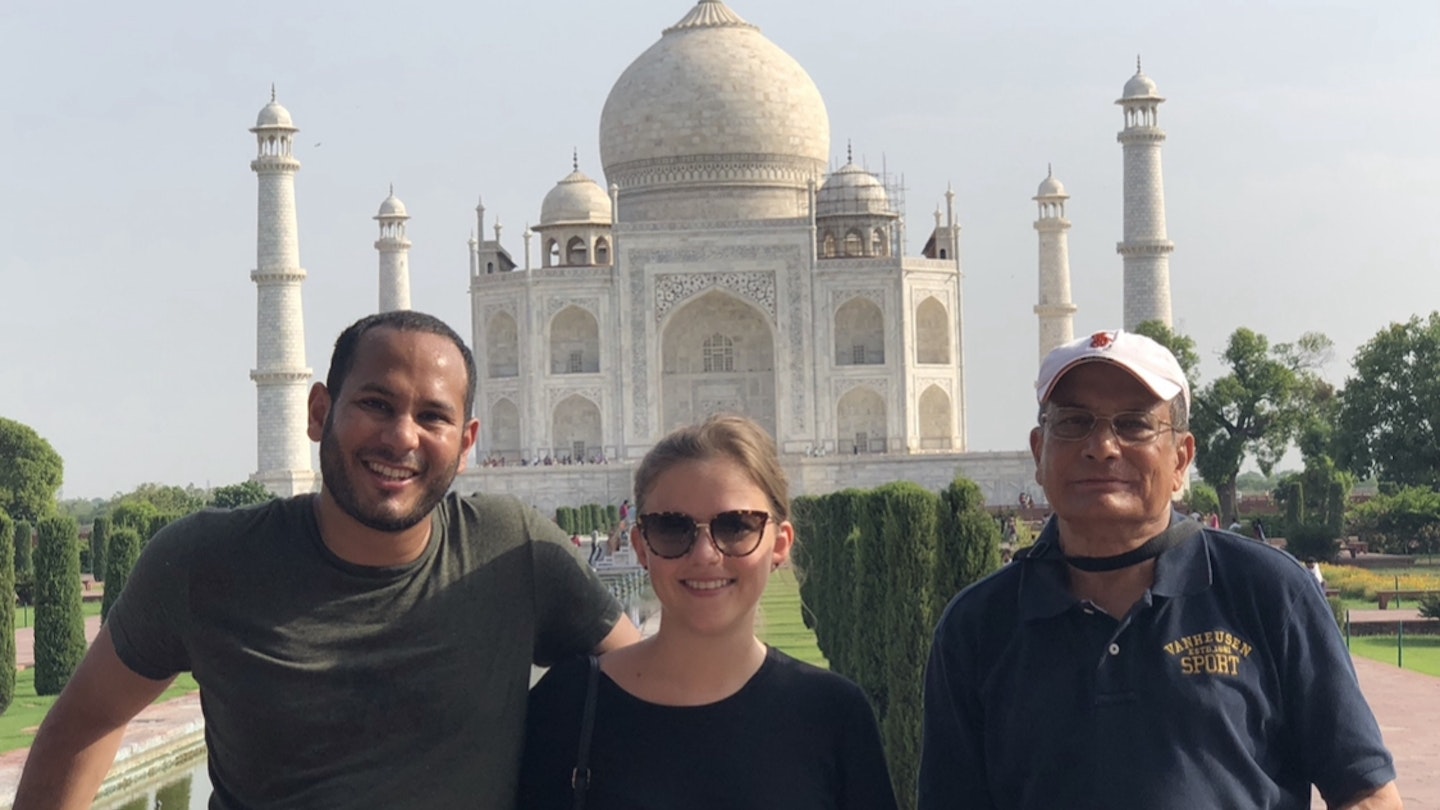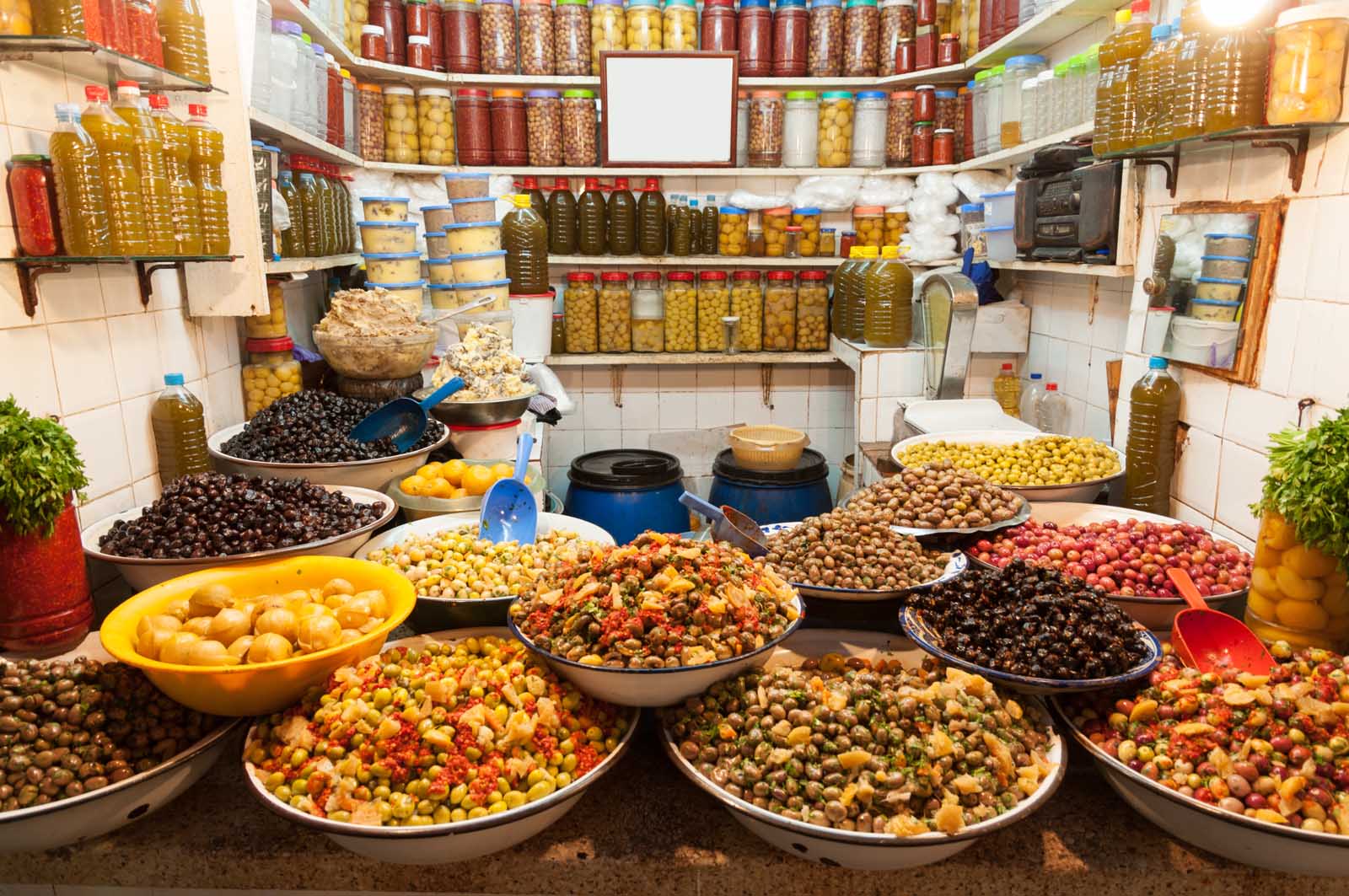New York Times writer and memoirist Sopan Deb shares the trip he longs to take after the pandemic and why it’s so important to him and his family.
“This time it will be harder to say goodbye. Parting will be difficult,” Shyamal, my father, said, as we munched on dosas in a crowded cafeteria at a rest stop on the side of a highway near Delhi.
He had just finished listing “the dreams of my life” to my then-girlfriend Wesley and me. That was his phrase: “Dreams of my life.” He had lots of dreams, but most of them hadn’t come true. One of his dreams was that Wesley and I would return to India, and he could throw us a wedding ceremony. Wesley and I exchanged glances. At that time, we weren’t yet committed to each other, so how could we commit to this?
This trip, taken in the summer of 2018, was the first time I had seen him in 11 years. It was a three-week journey of reconnection and forgiveness that was drawing to a close at the rest stop. We were on our way to the airport, heading back to New York, while Shyamal returned to his home in Kolkata.
My mother and father were arranged to marry in the United States in the 1970s, and their marriage was a toxic mix from the outset. However, due to the stigma surrounding divorce among South Asians, they remained together for thirty years. Shyamal struggled to assimilate into American culture—one of his dreams that didn’t materialize. Nevertheless, during this time, they raised two children: my older brother, Sattik, and me. Our upbringing was marked by unhappiness and silence, with family conversations being a rarity. Dinners together and family trips were seldom. Smiles were scarce in our household. It was only in high school that my parents finally, mercifully, divorced.

During my freshman year of college, Shyamal moved back to India unexpectedly and without a word to anyone. Our relationship was never close, and I failed to ask him why he left. Instead, I harbored resentment for his decision for nearly a decade until I finally made the decision to visit him in Kolkata and ask all the questions I never thought to voice.
Consequently, during my stay, I learned as much about his life as I could in those fleeting weeks, and we had several challenging conversations about our upbringing and family disintegration. It became apparent that we could have benefitted from a greater sense of empathy and communication—traits often lacking in American immigrant households. By the end of the trip, Shyamal and I shared our first beer, traveled together, played tennis, and engaged in conversations that felt long overdue.
At that rest stop, my father transformed into a relatable human being for the first time, instead of a distant footnote from my past. His wish to host a wedding for us held deep significance; for many Indian parents, organizing a wedding is a proud milestone that can signify class and status. It’s a culmination of a lifetime of duties. South Asian weddings are grand celebrations, akin to a slightly tamer version of Burning Man. Shyamal yearned for a small piece of that pride, and we said we would consider it. Those three weeks spent together felt like a lifetime. He was right: it was indeed harder to say goodbye this time; at least I had the opportunity to connect.
In December 2019, Wesley and I got engaged. It wasn’t a grand affair, just a quiet moment in our apartment on Christmas night, just the two of us. Shyamal’s reaction caught me off guard, as he was almost surprised. Nevertheless, he expressed his happiness. I promised him we would travel to India the following year to celebrate our wedding in some form. His delight was palpable, and he immediately began crafting plans in his mind, indicating that he envisioned something on a much grander scale than we had anticipated.

However, then the coronavirus pandemic hit, drastically altering our lives, especially impacting my father’s situation. The Indian government implemented a nationwide lockdown, forcing Shyamal to isolate alone at home. Despite the uncertainty surrounding the pandemic, I cannot predict if we will be able to provide my father the wedding celebration he earnestly desires in India. We are also unsure if we can hold the ceremony we have planned in the United States.
The widespread ramifications of coronavirus are so immense that it feels selfish to wish for anything other than a treatment and a vaccine. Nevertheless, I miss my father—a sentiment I never anticipated expressing. I genuinely hope that in a post-quarantine world, Wesley, our friends, family, and I can journey to Kolkata to celebrate our future together. I am well aware that this is Shyamal’s hope as well.
Sopan Deb is a writer for the New York Times.




